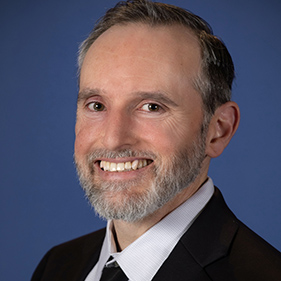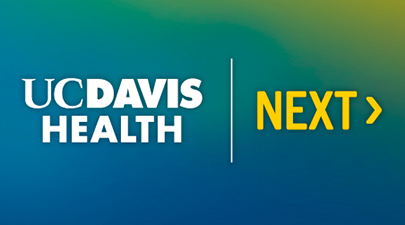Expand your research impact: The value of a Record of Invention
You've made a discovery! Now what?
Every day, researchers at UC Davis are devising new ways to change the world. These precious discoveries require expert guidance and protection on their path to broader impact.
Here’s how to start unlocking the full potential of your research.
What’s a record of invention?
A record of invention (ROI) is the first step in documenting a research discovery. Fill out an ROI form to begin the conversation about how best to protect your innovation with an intellectual property strategy.
It’s a simple but essential step in making sure your science can ultimately reach the people it’s meant to help."—Chris Lucchesi, Assistant Adjust Professor, Department of Urologic Surgery
“Filling out a record of invention early in the discovery process not only protects intellectual property, it also sets the stage for future collaboration, funding and translational success. It’s a simple but essential step in making sure your science can ultimately reach the people it’s meant to help,” said Chris Lucchesi, an assistant adjunct professor in the Department of Urologic Surgery who is working on a new, naturally derived treatment for bladder cancer.
How to complete a record of invention form
The ROI submission portal can be found on the Technology Transfer Office’s website and is accessed with your UC Davis network credentials.
The ROI form captures some high-level information about your innovation. In the form, UC Davis innovators describe the invention and project the scope of its commercial potential. Think of it as a conference abstract, not a Nature paper. Some other important questions include:
- Who the innovators are and where they work, if not at UC Davis
- What funding was used to generate the innovation
- When the invention was conceived and when you have plans to publicly disclose it
- Whether there is any interest in the innovators from external companies or collaborators
What happens next?
After you file a ROI, a licensing officer from the Technology Transfer Office will advise you on the best path and timing for protecting your innovation, for example, through a patent application, a copyright or tangible research property. This should not impact your scholarly workflow; your research, presentations and publications can continue concurrently with the right guidance from an intellectual property officer.
The Health Ventures and Technology Transfer offices will help you further develop the invention towards the market. From there, companies that learn about your research could license your technology for product and clinical development. Or it may pave the way for significant additional funding.
Still unsure of where to start? Or whether you’re too early or too late to submit an ROI? Contact the Health Ventures Office at hs-ventures@ucdavis.edu.
Meet the Health Ventures Office
UC Davis has expert, complementary teams to help innovators navigate the complexities of bringing new technologies to patients, clinicians and caregivers.
One of those teams is UC Davis Health Ventures. Health Ventures is the human health innovation and commercialization hub within the Innovation and Economic Development Office. Based at Aggie Square, it connects researchers, clinicians, investors and industry partners to accelerate the development of human health-focused discoveries into market-ready solutions.
Health Ventures collaborated with the recently expanded UC Davis Technology Transfer Office to double ROI filings from School of Medicine innovators in fiscal year 2025 compared to 2024. Seventy percent of the 47 ROIs secured by Health Ventures in FY25 were filed by first-time lead inventors, a clear sign that strategic and proactive outreach is unlocking new translational potential.
“We’re seeing our research translate into value that extends beyond the lab,” said Dr. Bruce Hall, interim vice chancellor of human health sciences and chief clinical officer for UC Davis Health. “The numbers are exciting, but what matters most are the people behind these inventions and what they represent for the future of the university and our mission to discover, educate and improve human lives.”
Watch the webinar: Maximizing impact of UC Davis intellectual property for human health







